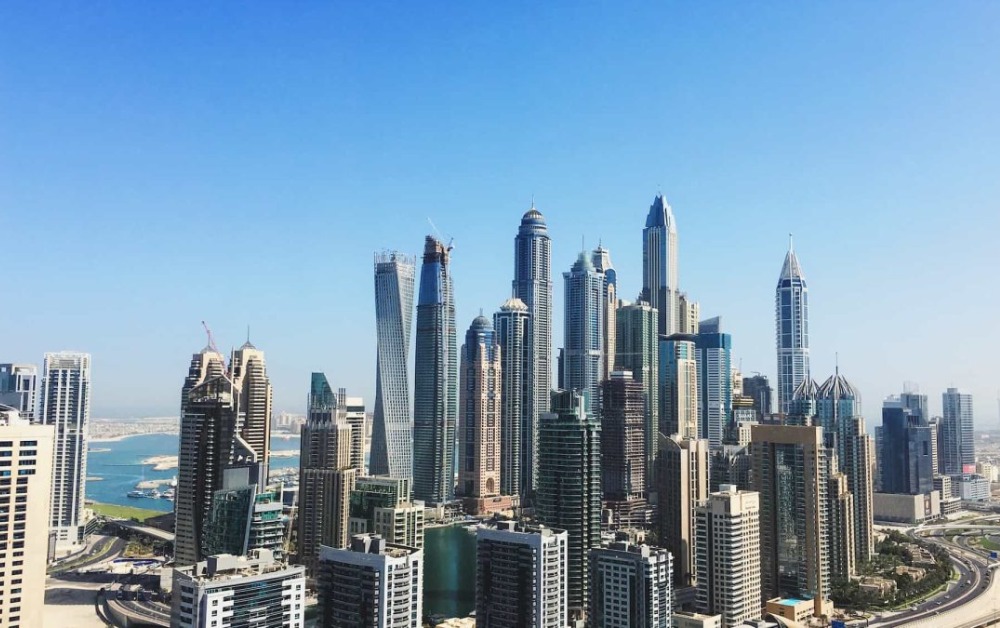Purchasing a home is the most important financial commitment a person can make. In the UAE, particularly in urban areas such as Dubai and Abu Dhabi, the real estate industry offers excellent opportunities for both residents and expatriates. Yet, dealing with mortgages can be daunting without proper guidance. Whether you are a buyer or an upgrader, knowing how to obtain a mortgage loan for UAE residential property can be the difference-maker. This step-by-step guide explains the process so you’re fully equipped to turn your dreams of owning property into a reality.

Knowing the Basics of Mortgage Loans in the UAE
A mortgage is a credit loan provided by a bank or financial organization to assist you purchase property. In the UAE, both residents and non-residents are eligible for mortgage loans, although the conditions and terms may differ. If you are a resident, you can usually get higher loan-to-value (LTV) percentages, lower interest rates, and more flexible repayment terms.
The key term to keep in mind is non-resident mortgage Dubai, particularly if you wish to purchase a property in this cosmopolitan city. Having resident status is a significant benefit when applying for financing for your home.
Step 1: Check Your Eligibility
It’s essential to determine your eligibility before beginning the mortgage application process. A large number of banks and financial institutions in the UAE demand the following criteria:
- Minimum age: 21 years old
- Maximum age: 65 years (salaried) or 70 years (self-employed) at loan maturity
- Minimum salary: AED 10,000–15,000 per month (depending on lender)
- Employment status: Six months’ service with current employer or 2 years in business if self-employed
- Credit history: good credit score with no serious loan defaults
Satisfying these minimum requirements will enhance your prospects of getting a residential mortgage in Dubai on good terms.
Step 2: Choose Fixed or Variable Rates
In the UAE, mortgage loans have fixed or variable interest rates:
- Fixed-rate mortgages are secure, as the interest does not change during the fixed period (typically 1 to 5 years).
- Variable-rate mortgages vary according to the Emirates Interbank Offered Rate (EIBOR), resulting in varying monthly payments.
Your choice will depend on your financial health, risk tolerance, and market outlook. Fixed rates are better for those with a stable income, whereas variable rates may be a saver in case interest rates fall.
Step 3: Select the Ideal Bank or Mortgage Provider
There are dozens of banks and other financial institutions offering mortgage services, so comparing your options is essential. In making your choice among them, consider the following:
- Interest rates (fixed and variable)
- Loan duration (typically 25 years or less)
- Down payment requirement (typically 20% for expats and 15% for UAE nationals)
- Early settlement charges
- Fees for processing and insurance cover
Most Dubai financial experts can help you pick the ideal bank that suits your financial needs. You can also use a mortgage broker to make the process easier and help you secure the best residential mortgage Dubai has to offer.
Step 4: Obtain Pre-Approval for a Mortgage
Pre-approval is an intelligent move that provides you with a clear understanding of what you can afford to borrow. Most of banks in the UAE offer mortgage pre-approvals that are effective for 60 to 90 days. Pre-approval increases your credibility with real estate agents and sellers and helps narrow down your property search.
To be pre-approved, you will generally require:
- Copy of passport and Emirates ID
- Salary certificate or trade license (if self-employed)
- Bank statements (typically 6 months)
- Evidence of address
- Credit report
Having a pre-approval means you’re in a better negotiating position regarding both property prices and financing conditions.
Step 5: Select the Appropriate Property
After being pre-approved, you can start searching for a property that matches your budget and needs. Consider:
- Location and connectivity
- Developer reputation
- Local amenities
- Resale value in the future
Dubai’s diverse real estate market comprises apartments, townhouses, and villas in areas such as Downtown Dubai, Dubai Marina, and Arabian Ranches. Ensure the property is registered and approved by the Dubai Land Department (DLD).
Step 6: Finalize the Loan Application
After selecting a property, you’ll need to submit the final loan application along with the sale and purchase agreement (SPA). The bank will conduct a property valuation to determine the final loan amount, which can take 3–7 working days.
Once approved, you’ll receive the final mortgage offer detailing:
- Loan amount
- Interest rate and type
- Repayment schedule
- Terms and conditions
You will need to sign the offer letter and proceed with registration at the DLD, including any applicable transfer and registration fees.
Step 7: Registration and Disbursement
Once the loan agreement has been signed, the last few steps include:
- Making the down payment
- Making the DLD transfer fee (typically 4% of the property value)
- Finalizing the title deed registration
After all the formalities are done, the bank releases the loan amount to the seller, and the property is transferred to your name.
Key Tips to Ensure a Smooth Mortgage Experience
- Maintain a good credit standing: Making regular payments and keeping minimal debt helps increase the chances of approval.
- Budget for extra expenses: Factor in service charges, insurance, and repairs into your planning.
- Hire professional assistance: Mortgage consultants can offer expert advice, saving you time and money.
Whether you are purchasing your first apartment or a luxury villa, obtaining a residential mortgage in Dubai through the proper channels can help you build a secure future.

Conclusion
Knowing how to obtain a mortgage loan for residential property in the UAE is crucial for those who wish to invest in the vibrant property market. From verifying your eligibility and opting for fixed or variable rates to pre-approval and loan finalization, every step is essential in securing your dream home. As a resident, having access to improved loan conditions and competitive interest rates can be the turning point, making the resident mortgage Dubai option a wise decision for long-term investment and homeownership.
If you’re willing to take that step, it’s the ideal time to explore your options, get professional assistance, and make an informed decision toward a brighter, more prosperous future in the UAE.

